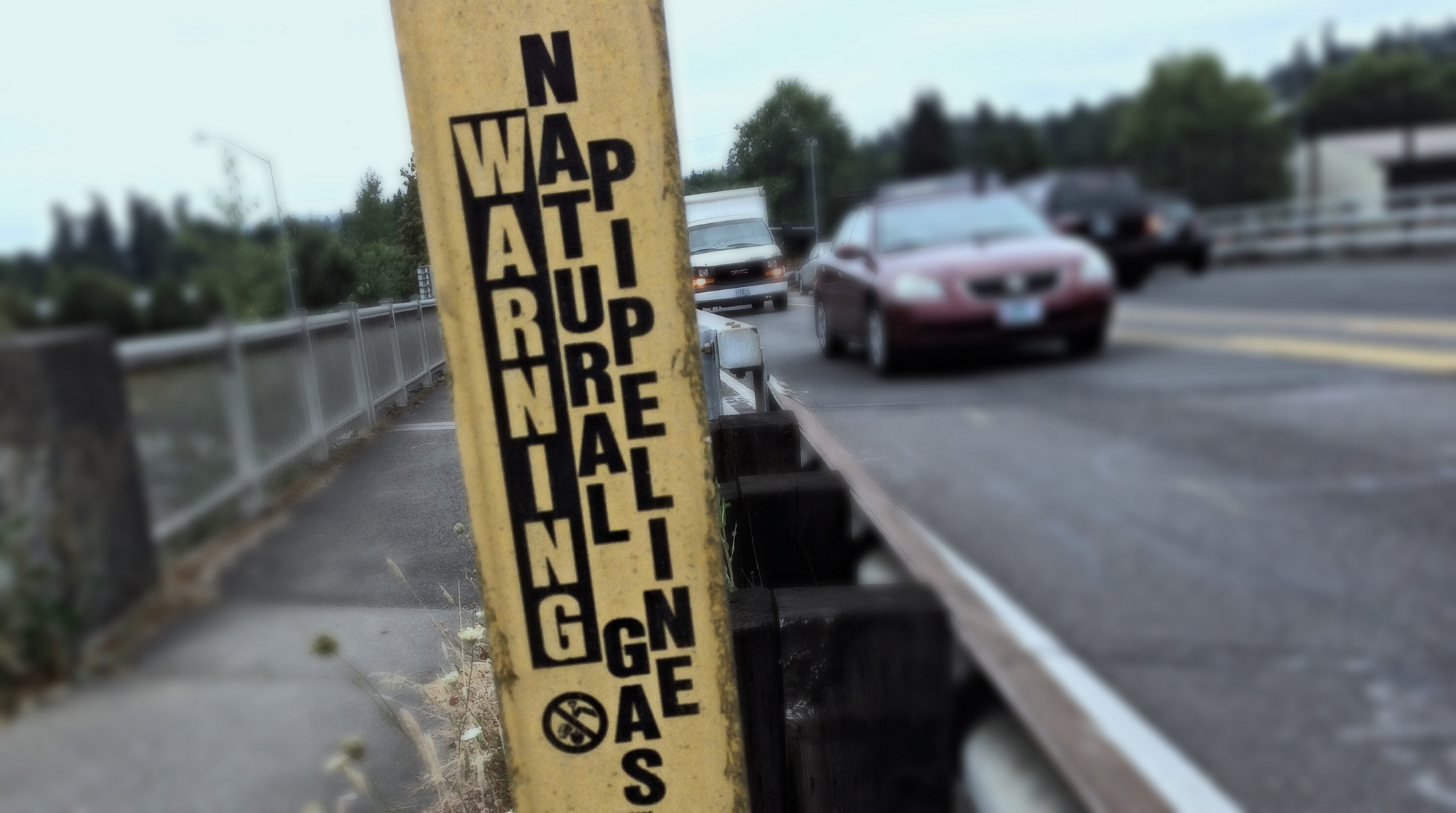As the new legislative session gets underway, one Texas lawmaker is trying to change regulations of the state’s natural gas industry, in light of a series of explosions and deaths tied to pipeline leaks that took place over a decade.
Holly Hacker is part of The Dallas Morning News investigative team that’s been digging into the deadly gas explosions in North and Central Texas. Hacker says one of the cases that spurred the investigation was the death of 12-year-old Linda Rogers who died in Feb. 2018 when a gas pipeline at her house exploded. But Hacker says this explosion wasn’t an isolated incident.
“There had been more than two-dozen homes that had blown up; nine people killed; at least 22 people injured along leaking natural gas lines operated by Atmos Energy in North and Central Texas,” Hacker says.
As a result of the reporting, Texas state Rep. Rafael Anchia from Dallas has proposed legislation to increase regulation of the Texas natural gas industry. Hacker says Anchia represents the district where Linda Rogers lived. One of Anchia’s proposals is that there be more immediate notification of natural gas leaks.
“He’s actually proposed a total of 11 bills, and a couple of them would be giving written notice in English and Spanish within 72 hours of a gas leak, for people who live immediately around the gas leak,” Hacker says.
She says another bill would require gas companies to post an online, real-time map of gas leak locations “so people have a better idea of what is happening in their neighborhood.”
Hacker says Anchia believes that his proposals would help prevent another tragedy like Rogers’ death. She says at the time of that explosion, there were also two other gas leaks in her neighborhood just days before. After the explosion, a large portion of Dallas was evacuated. But she says Atmos Energy claimed that the events were “unforeseeable.”
Historically, Hacker says, the Texas Railroad Commission, which regulates the energy industry, has investigated gas leaks and suggested fines, but that those penalties weren’t always enforced.
“A lot of these gas companies got away with no penalties or few penalties,” Hacker says.
She says Anchia wants to increase fines to up to $25,000 per day.
Atmos, for its part, says it takes safety seriously. It also started a pipeline-replacement project last year. One of Anchia’s proposals would require companies like Atmos to replace failing pipes by 2020; she says Atmos has said it is on track to replace them by 2021.
Written by Caroline Covington.















